Personality disorders vary, from antisocial to narcissistic or avoidant. Whichever is the case, living with a personality disorder can bring unique challenges to self-esteem, relationships, work, and daily life. These conditions are often misunderstood, leaving individuals and families feeling isolated or judged. Thus, empathetic and nonjudgmental professional help is essential to help individuals build healthier coping strategies, foster stronger connections, and move toward meaningful, sustainable change.

What are Personality Disorders?
Personality disorders are a broad group of about ten (10) mental health conditions that share patterns of long-lasting patterns of thoughts, emotions, and behaviors that create distress or interfere with daily life.
Symptoms of Personality Disorders
Below are the symptoms of personality disorders based on the different types.
Cluster A: Odd or Eccentric Personality Disorders
- Paranoid Personality Disorder: constant distrust, suspicion of others’ motives.
- Schizoid Personality Disorder: preference for being alone, little interest in relationships, little to no emotional expression.
- Schizotypal Personality Disorder: odd beliefs or behaviors, unusual thinking, discomfort in close relationships.
Cluster B: Dramatic, Emotional, or Erratic Personality Disorders
- Antisocial Personality Disorder (ASPD): difficulty respecting social norms, disregard for others’ rights, lying, manipulation, lack of remorse, impulsivity
- Borderline Personality Disorder: intense emotions, unstable relationships, fear of abandonment, and self-harming behaviors.
- Histrionic Personality Disorder: constant need for attention, dramatic or exaggerated emotions, and being easily influenced.
- Narcissistic Personality Disorder (NPD): inflated self-importance, sensitivity to criticism, need for admiration, lack of empathy.
Cluster C: Anxious or Fearful Personality Disorders
- Avoidant Personality Disorder: extreme shyness, fear of rejection, and avoiding social interaction despite a desire for connection.
- Dependent Personality Disorder: difficulty making decisions alone, a strong need to be cared for, fear of being left alone.
- Obsessive-Compulsive Personality Disorder (OCPD): preoccupation with rules, order, and control that interferes with flexibility and daily life.
General signs across personality disorders:
- Difficulty relating to others
- Trouble managing emotions
- Patterns of behavior that cause problems in work, school, or relationships
- Symptoms that usually start in adolescence or early adulthood and remain long-term
Treatment for Personality Disorders
- Medications that target symptoms like mood swings, depression, or anxiety.
- Specialized therapies such as DBT (dialectical behavior therapy) and schema therapy are effective in helping patients change entrenched patterns.
- Holistic support in guidance on stress management, relationship building, and lifestyle stability.
How Reverent Health Psychiatry Can Help
At Reverent Health Psychiatry, we focus on compassionate, evidence-based treatment delivered virtually for accessibility and privacy. Patients can expect:
- Medication management for co-occurring issues like anxiety, depression, or mood instability.
- Supportive therapy to foster self-awareness, emotional regulation, and resilience.
- Referrals to specialized psychotherapy (CBT, DBT, or schema therapy) which are highly effective for personality disorders.
- Respectful, collaborative care where patients are active decision-makers in their treatment journey.
You don’t have to face your challenges alone.
Take the first step toward healing with Reverent Health Psychiatry’s confidential virtual care in New York & Tennessee.

